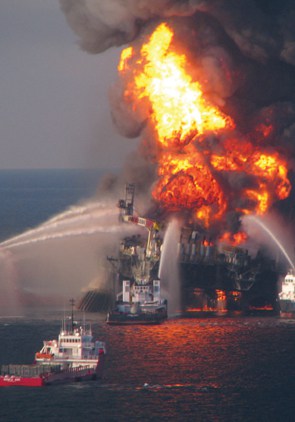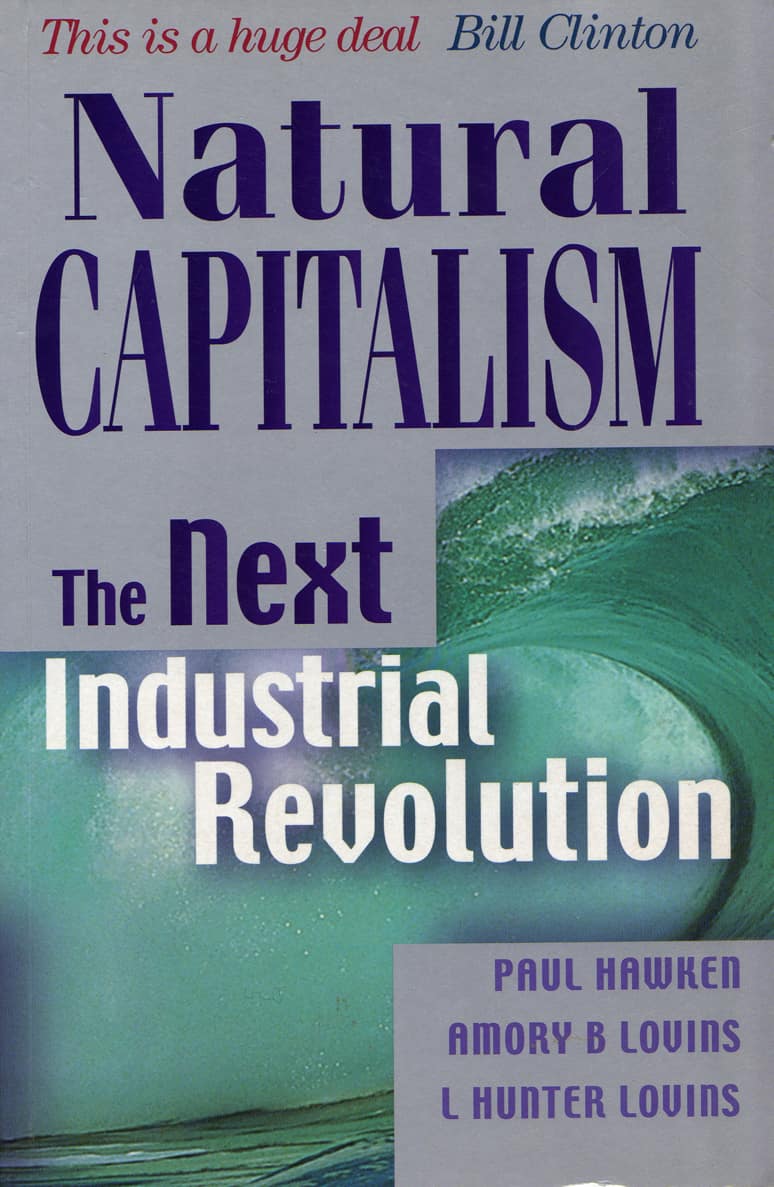 The Wall Street Journal and other media around the world have reported on systemic failures of the global oil industry and government regulators identified by the National Commission on the BP Deepwater Horizon Oil Spill and Offshore Drilling. These articles are based on the release of a single chapter, Chapter 4, of the final report due for release on 11 January 2011.
The Wall Street Journal and other media around the world have reported on systemic failures of the global oil industry and government regulators identified by the National Commission on the BP Deepwater Horizon Oil Spill and Offshore Drilling. These articles are based on the release of a single chapter, Chapter 4, of the final report due for release on 11 January 2011.
A media release from the Commission includes the following findings from Chapter 4
“The well blew out because a number of separate risk factors, oversights, and outright mistakes combined to overwhelm the safeguards meant to prevent just such an event from happening. But most of the mistakes and oversights at Macondo can be traced back to a single overarching failure—a failure of management. Better management by BP, Halliburton, and Transocean would almost certainly have prevented the blowout by improving the ability of individuals involved to identify the risks they faced, and to properly evaluate, communicate, and address them.”
“. . .the Macondo blowout was the product of several individual missteps and oversights by BP, Halliburton, and Transocean, which government regulators lacked the authority, the necessary resources, and the technical expertise to prevent.”
“The blowout was not the product of a series of aberrational decisions made by rogue industry or government officials that could not have been anticipated or expected to occur again. Rather, the root causes are systemic and, absent significant reform in both industry practices and government policies, might well recur.”
“What we. . .know is considerable and significant:
- each of the mistakes made on the rig and onshore by industry and government increased the risk of a well blowout;
- the cumulative risk that resulted from these decisions and actions was both unreasonably large and avoidable; and
- the risk of a catastrophic blowout was ultimately realized on April 20 and several of the mistakes were contributing causes of the blowout.”
Few people in the United States question the fundamentals of capitalism because that country’s media is so sensitive to any whiffs of socialism but just as any company management system relies on a process of continuous improvement, capitalism may be able to be improved to provide a better outcome for the environment and workers.
“Decisionmaking processes at Macondo did not adequately ensure that personnel fully considered the risks created by time- and money-saving decisions.Whether purposeful or not, many of the decisions that BP, Halliburton, and Transocean made that increased the risk of the Macondo blowout clearly saved those companies significant time (and money).” (page 125)
The bane of any safety professional or manager is the taking of short-cuts on the basis of saving time or money, and by both companies and individuals. It seems that we treasure money over time too frequently.
 In the 1990s, Amory Lovins, Paul Hawken and L Hunter Lovins proposed the application of “Natural Capitalism“*, a variation of capitalism that acknowledged that the environment can be
In the 1990s, Amory Lovins, Paul Hawken and L Hunter Lovins proposed the application of “Natural Capitalism“*, a variation of capitalism that acknowledged that the environment can be
considered a type of capital and one that should be considered alongside income and production. The Harvard Business Review article concludes with the following:
“Natural capitalism…. will subsume traditional industrialism within a new economy and a new paradigm of production, just as industrialism previously subsumed agrarianism. The companies that first make the changes we have described will have a competitive edge. Those that don’t make that effort won’t be a problem because ultimately they won’t be around…” (page 158)
BP was under a serious threat of collapsing as a result of the Gulf Oil spill.
The business world has changed dramatically since 1999 and now sustainability is a word that capitalists are less threatened. The environment is starting to gain recognition and it can be argued that the environmental consciousness has leap-frogged occupational health and safety in business and regulatory importance.
Just as Lovins, Hawkins and Lovins introduced the concept “Natural Capitalism”, and new variation or “upgrade” of capitalism is required so that worker safety and health is genuinely valued. In 2000, this writer often spoke of the need for a “benevolent capitalism” but perhaps the “humanistic capitalism” is what is need to regain some executive-level prominence for worker safety.
In 1974, Willis Harman wrote:
“….corporations [must] assume an active responsibility for creating a healthy society and a habitable planet—not as a gesture to improve corporate image or as a moralistically undertaken responsibility, but because it is the only reasonable long-run interpretation of “good business….”
Humanistic Capitalism** has received a considerable by Mohammad Yunus but the concept does not seem to have been applied broadly on the entitlement of workers to work without the risk of harm.
Perhaps now is the time to take the humanism of theology and Corporate Social Responsibility, sprinkle it with an environmental pixie dust, compress it into a brick and throw it through the windows of the major corporations…….. with a bit left over for the government regulators.
* A June 1999 Harvard Business Review article on Natural Capitalism is available online
** A recent book on Humanistic Capitalism is 2009 book by Cambridge University Publishing “Humanism in Business“. In the way that some of the best OHS management work is c0ming from sociologists like Andrew Hopkins and Joan Eakin, this book draws on a large spread of disciplines, including theology, and from a broad number of contributors.

There is a fundamental tension at play between safety, environment and profit, and it will inevitably continue because of the potential for risk and reward, and of human nature. A CEO who is more \”entrepreneurial\” may get away with taking higher risks over (say) a 10-year period without having a serious incident, simply because he\’s lucky. A safety-conscious CEO may drive a new culture of risk management in a business but be replaced in an economic downturn, or because the safety culture was a thin veneer (as it was at BP) and a major incident still occurs.
I believe you can\’t overcome this paradox without a commitment to a strong external regulatory regime. (Yes that can be eroded over time, but an ongoing tension between regulation and deregulation may not be unhealthy.) The external influence is needed to overcome the short-term focus (5 years maximum) of our corporate leaders and force them to take a longer term view. That can only come from government, or perhaps a militant insurance industry.
I am not sure about insurance industry pressure but it would be lovely to see an industry representative step up to the injury prevention plate.
I think on the regulatory front that the current generation forgets the controversy that confronted the introduction of \”modern\” OHS laws after Lord Robens\’ review. The political climate was substantially different, technology that would assist with compliance was years away, the OHS understanding of many business executives was immature and the regulatory climate was overwhelmingly prescriptive.
It seems to me that many OHS regulators and governments are trying to introduce regulatory change with the aim of upsetting as few stakeholders as possible. This may be the current process but in negotiations there are always losers. Clever negotiation allows the losers a way to lose while saving face. And clever negotiation is what Australia currently needs in relation to harmonisation and what the United States needs in relation to the oil industry and, more generally, corporate compliance.
I\’m not what you would consider an environmentalist but I do despise waste. If we define waste as that which \”adds cost but does not add value\” we\’ll arrive at a moral location not far from that of many reasonable people in the environmental movement.
I think the trend towards a green veneer of beautiful slogans and projects with high advertising impact but little to no real-world impact is more harmful than doing nothing.